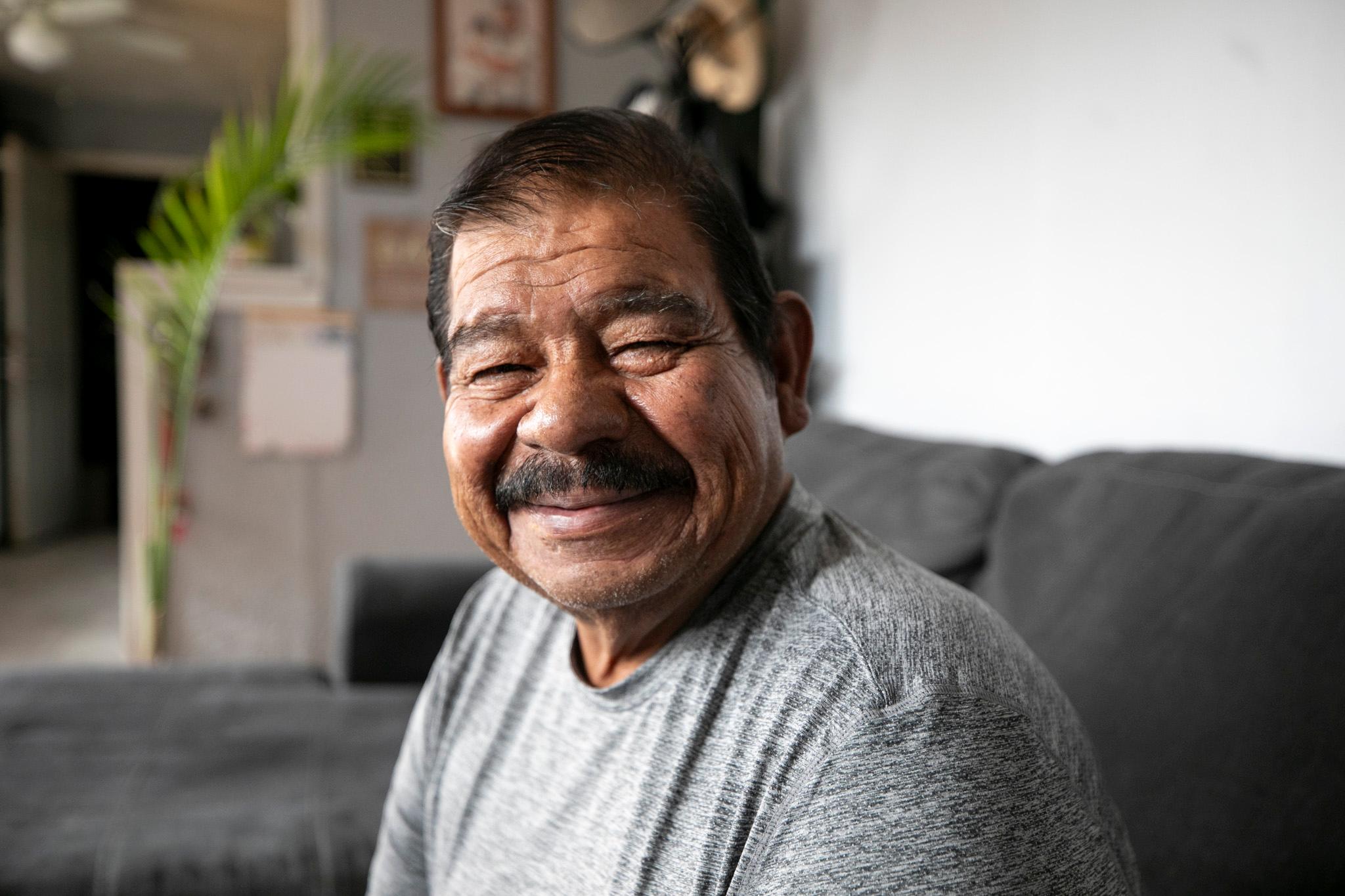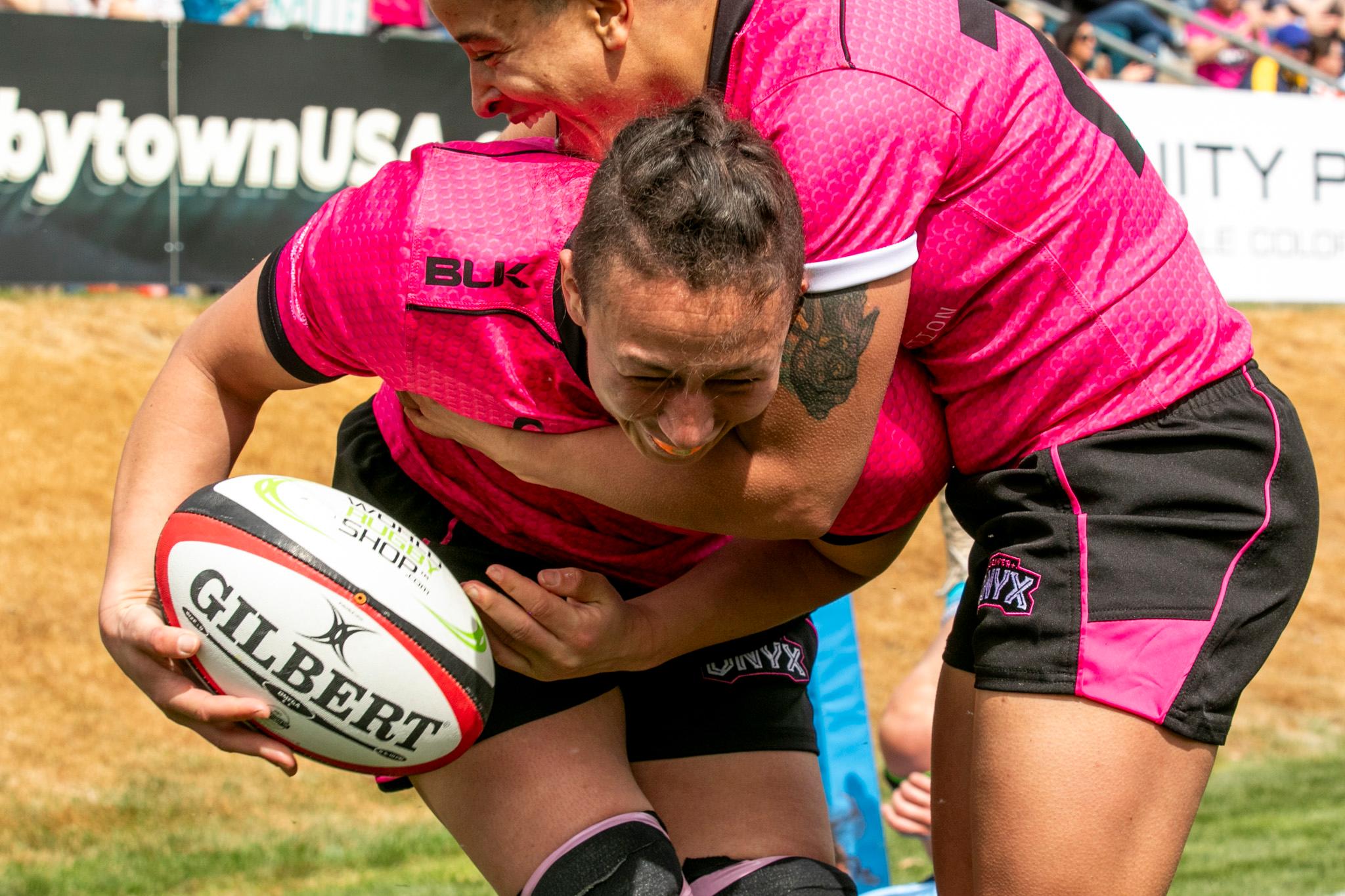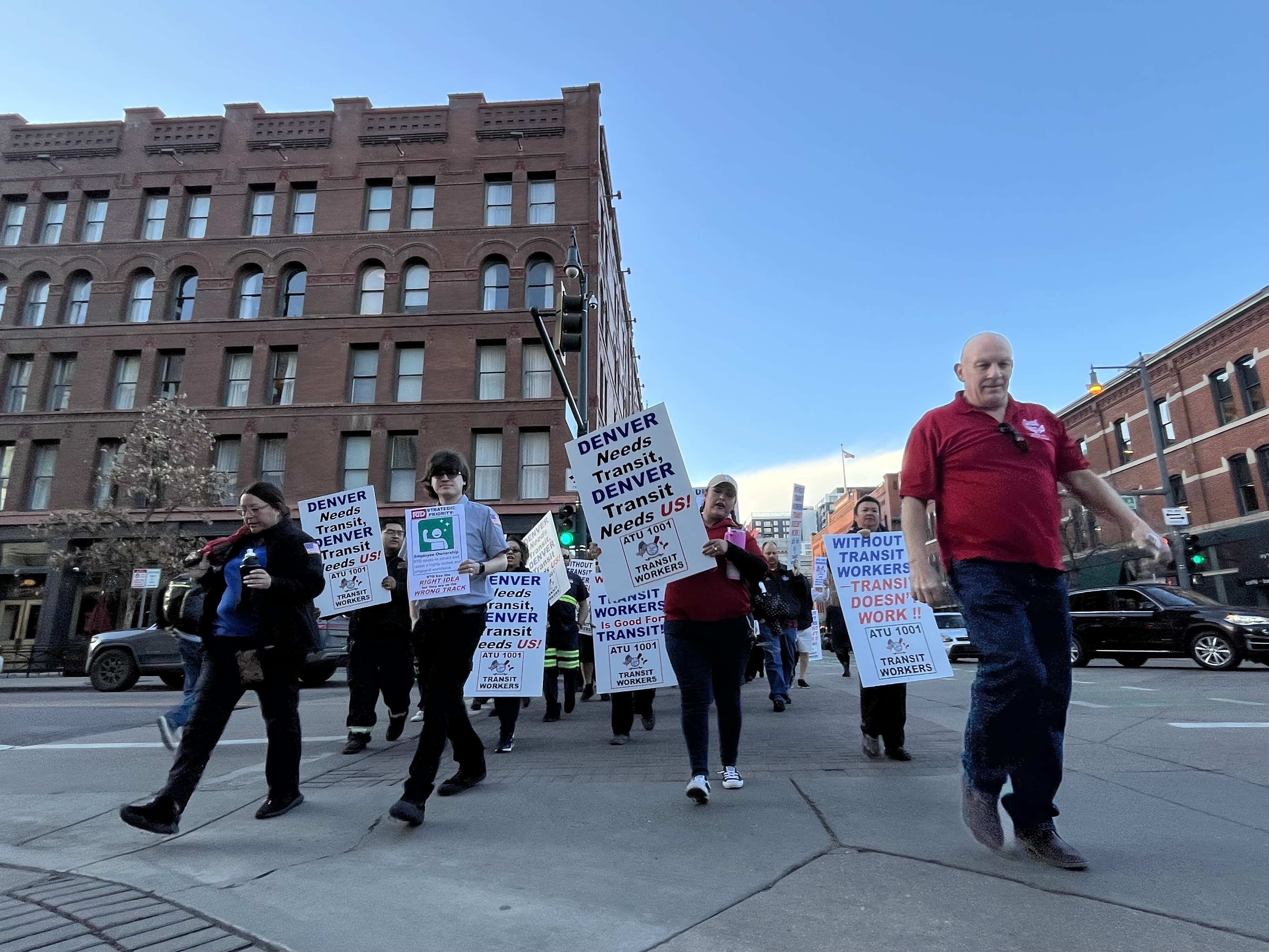Today, the former University of Colorado professor revels in his awkwardness: Tashiro is the author of "Awkward: The Science of Why We're Socially Awkward and Why That's Awesome."
According to Tashiro, the word awkward comes from an Old Norse word, afgr, which meant "facing the wrong way." But Tashiro argues that awkward people may not be looking the wrong way, but rather focusing in a different area than most people. That, in turn, can result in what Tashiro calls a lack of "social fluency," which leads to more of the awkward interactions that many people experience. But he adds that the same characteristics that make people awkward can often lead to remarkable achievement -- part of the reason he says awkwardness is becoming cool.
Tashiro spoke with Colorado Matters host Nathan Heffel.
Read an excerpt:
The Function of Feeling Awkward Charles Darwin provided some of the early scientific insights about why humans would be wired for emotions. Darwin hypothesized that in the survival of the fittest, people had to respond quickly to circumstances that threatened their safety or well-being. People did not have the luxury of conscious deliberation when they were under attack from a predator or fighting for scarce resources. Emotions are reflexive and involuntary, like the kick of your leg when a doctor hits your knee with a rubber hammer. In the same reflexive way, when you feel emotions like anger your mind instantly triggers physiological reactions like an increase in blood flow and muscle tension that prepare you to respond to the threat. Strongly felt negative emotions narrow your focus on the threat, and anger catalyzes fight responses while fear catalyzes flight responses. Awkward feelings are also accompanied by strong physiological reactions—a pounding heart, speeded breathing, and tensed muscles—but unlike fear and anger, which are triggered by threats to our safety or resources, feeling awkward occurs in response to small deviations from social expectations. Although undone zippers and calling your friend’s wife by his ex-wife’s name are not ideal, they are not dangerous situations or something that stem from malicious intent. So why would the relatively innocuous social faux pas incite such a strongly felt emotion? On some subconscious level, we know that too many violations of small social rules can lead to social exile. Our minds have an overly sensitive emotional trigger when it comes to alerting us to unmet social expectations because our need to belong is so essential to our well-being. June Price Tangney is a professor of psychology at George Mason University who has found through an extensive program of research that there is a cluster of “self-conscious emotions” that occur following social missteps and each has a different function. These self-conscious emotions include embarrassment, guilt, shame, and, I would add, feeling awkward. I used to hate it when I blushed during times of embarrassment. It felt bad enough that I had committed an awkward act, but my blushing felt like a public acknowledgment of my awkwardness that made things worse. Matthew Feinberg and his colleagues from the University of California, Berkeley, conducted a series of studies to test the idea that embarrassment serves the social function of demonstrating to others that they hold prosocial values, which is to say that they care about the well-being of others and are generally motivated to avoid harming or inconveniencing others. Feinberg found that people who showed more embarrassment while recounting one of their most embarrassing moments were rated by others as more prosocial and more trustworthy. Importantly, observers reported that they would be more interested in affiliating with people who showed high levels of embarrassment compared to people who showed low levels of embarrassment. In other words, people who demonstrated embarrassment became more socially valued. Another emotion related to awkward feelings is guilt, which makes you feel bad about your behavior and motivates you to repair the social damage: to apologize, clean up a spill, or pay for something you have damaged. All of these responses to your social missteps help you assure others that you understand what you have done wrong, you feel remorseful, and you are taking action to make things right. Both embarrassment and guilt help us recover from awkward acts because they show others that we “get it.” That is, there are outward signs that we are aware that we have violated a social rule and we feel bad about any inconvenience to others. From the book AWKWARD: The Science of Why We’re Socially Awkward and Why That’s Awesome by Ty Tashiro, Ph.D. Copyright © 2017 by Ty Tashiro. On sale April 25 from William Morrow, an imprint of HarperCollins Publishers. Reprinted by permission. |








